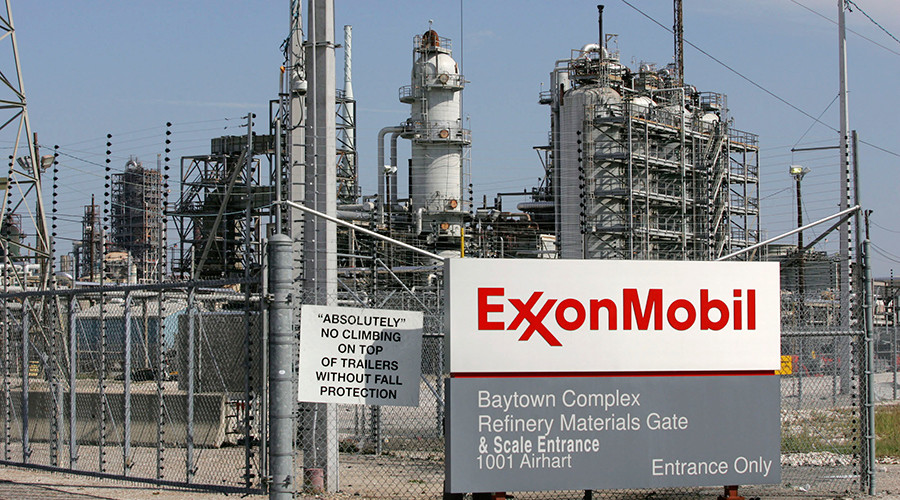TEXAS
 The Department of Justice and the U.S. Environmental Protection Agency announced a settlement with ExxonMobil Oil Corporation (ExxonMobil) Wednesday to resolve federal Clean Air Act claims, according to authorities.
The Department of Justice and the U.S. Environmental Protection Agency announced a settlement with ExxonMobil Oil Corporation (ExxonMobil) Wednesday to resolve federal Clean Air Act claims, according to authorities.
The settlement arose from a 2013 fire at the company’s oil refinery in Beaumont, Texas that killed two employees and injured ten others.
In a complaint filed today with the settlement, the United States alleges that the company violated the Clean Air Act.
It requires measures to prevent accidental releases of extremely hazardous substances that can have serious public health and environmental consequences.
The April 17, 2013, fire at the refinery occurred when workers used a torch to remove bolts from the top, or “head,” of a device called a heat exchanger.
The torch ignited hydrocarbons released from the head. EPA’s inspection following the incident disclosed violations of Section 112(r) and of the regulations known as the Chemical Accident Prevention Provisions.
“The deaths and injuries resulting from the 2013 fire at ExxonMobil’s Beaumont refinery are a terrible tragedy,” said Assistant Attorney General Jeffrey Bossert Clark for the Department of Justice’s Environment and Natural Resources Division. “Today’s settlement sends a clear message to companies handling hazardous substances in their operations that they must take the necessary steps to protect their workers under the environmental laws or face the consequences of vigorous enforcement. Additionally, the relief the United States has secured will aid in protecting a vulnerable surrounding community from future tragic episodes like this one.”
“When companies shortcut the safety requirements that have been put in place, especially in high risk situations like this, people can die,” said U.S. Attorney Joseph D. Brown of Texas. “It is important that companies understand that there is not only liability in private civil suits but administrative fines to pay. We cannot put a price on the lives lost, but we hope to deter these kinds of violations to save lives in the future.”
“We rely on companies to carefully follow environmental regulations, which are designed—above all—to protect human health,” said EPA Regional Administrator Anne Idsal. “As the incident at ExxonMobil’s facility shows, failing to comply with these rules can have devastating consequences.”
Under the consent decree, ExxonMobil will do the following to resolve the matter with the federal government:
Pay a $616,000 civil penalty
Hire an independent third-party auditor to conduct a compliance audit of ExxonMobil’s procedures for opening process equipment at ten different process units at the refinery
Perform a supplemental environmental project (SEP) under EPA’s SEP Policy to purchase a hazardous materials Incident Command Vehicle (ICV), valued at $730,000, for the Beaumont Fire & Rescue Service (BFRS), officials said.
The auditor will also evaluate the company’s procedures for conducting risk-based mechanical integrity inspections.
The ICV will contain equipment specifically tailored to enhance BFRS’s hazardous-material incident response capabilities, including its 24-hour emergency response services from 12 fire stations, according to officials.
From these stations, BFRS provides fire, hazardous materials, disaster, technical rescue, and first responder emergency medical services over 90 square miles containing numerous petroleum and/or chemical facilities.
The ICV will enhance BFRS’s capability to communicate and coordinate emergency response activities in the event of a fire, explosion or similar major incident.

